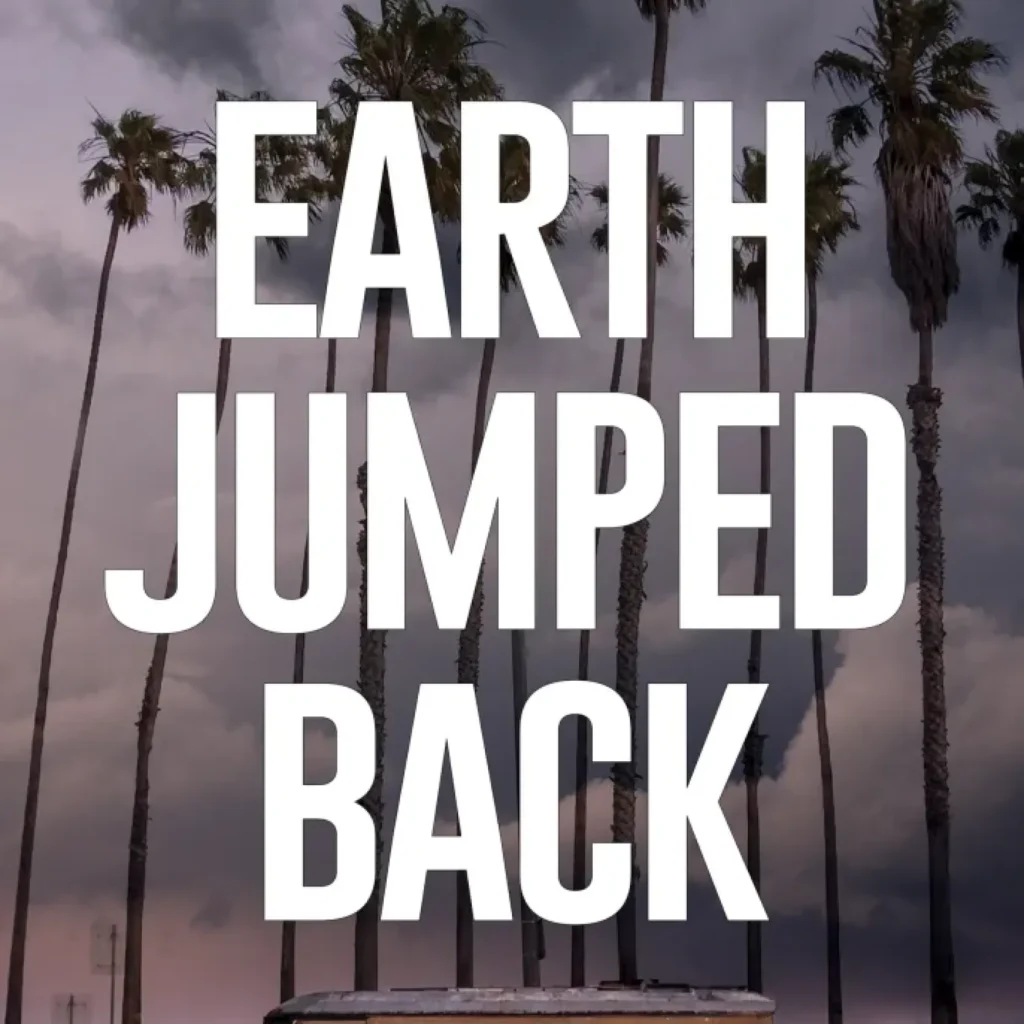
I’ve never been a champion of consistency, but if you follow me, you probably already know that. I’ve had a story that is almost ready for publication for the last decade, I have a website that started of as a self-promotion tool and turned into a container to test my written English level, and finally turned into a reviews blog (with very few exceptions). It has been months since my last post over here, or at least it feels like it.
I’ve had quite a busy Summer (yay), I have a day job that on one hand finally doesn’t bore me (yay) but drains me a lot more than the former one. It leaves me much less energised to write about books, music, movies, anything creative. I still do a lot of that, I just feel like I have much less to say about the media I consume.
And so, just before forgetting about this little project of mine, I decided to accept to read and review a book even though it falls a bit outside what is my favorite genre. Its premise reminded me a bit of Dark, which is one of my favorite tv shows ever. The idea of jumping back in time mixed with the theme of environmental disaster piqued my curiosity, and even though the story wasn’t what I expected I enjoyed every single bit of it. The book is Philip Reari’s Earth Jumped Back.
Not your typical timeloop
You see, nothing good happens in pop culture when people travel back in time: people disappear from pictures, the entire universe ends in a sequence of apocalypses, wars start, stuff like that. After all, we can only move in one direction when it comes to time, and we don’t even have control on how fast we go as we do so. As the fox of Phaedrus’ fabula (or maybe it was Aesop‘s?), mankind needs to justify this impossibility to itself.
This time, instead, the process of travelling through time seems harmless, or at least, it doesn’t seem to do as much harm as human-related activities such as oil drillings and bomb attacks do. Ethan finds himself 50 years back in time, and even though he’s able to get back to 2023 in a matter of days, he becomes obsessed with the past.
Everything seems much better back then: the air is cleaner, the town is smaller and more human-friendly, and the young students back in 1969 seem filled with enthusiasm and hope for the future that is nowhere to be found in a contemporary setting. Both in the book and in real life, if you allow me to be grim for a moment.
I don’t want to spoil the rest of the book for you, it took less than a week to read it and I think it was well worth it. Every character is three dimensional and have its own flaws and virtues. It’s an overused phrase, I know, but they all speak with their own voice. They all had something that made them stand out, and none of them was 100% good or bad (well, except for a negligible exception).
Philip Reari even managed to make me empathise with a character whose ideas about modern society are boring and antiquate to me. I’ve always thought that my stubborn inability to see the world through a lens very different from my own is one of my biggest flaws, as it prevents me from even trying to understand other people’s reasoning, and I was glad to see this tendency of mine weakening a bit when the story was told from the point of view of this character. Maybe is that I’m growing older and wiser, or maybe that character, as well as the other ones, was really well written and relatable in their own way.
The paradox of no paradox
So maybe the fact that the space-time continuum fabric wasn’t ruined by Ethan’s jump is a paradox in itself, or maybe the paradox was generated by his action towards the end of the book and was sort of self-contained, meaning it didn’t affect the space-time continuum as all the other jumps in time in pop culture do. In any case, we’ll never know, as nothing gets out of place after that.
And in this case, it works. The story was never about the time travel in itself, as I should have known since the beginning: it was about a journey through young students’ ideals and disillusion, with a clever stab at the optimism we feel about what we call “progress”. About how the anticipations about this great and peaceful future was betrayed, but it still wasn’t enough to strip all people of their humanity.
I’m sure the experience of their own jump in time and the lives of the people they meet back there and meet again in the present day teach Ethan and Paul about how life has to be lived in the present moment, rather than clinging to a distant past or just wait for a better future. In both cases, reality never lives up to expectations.
Be First to Comment